Experience Jordan through a skills-building summer internship
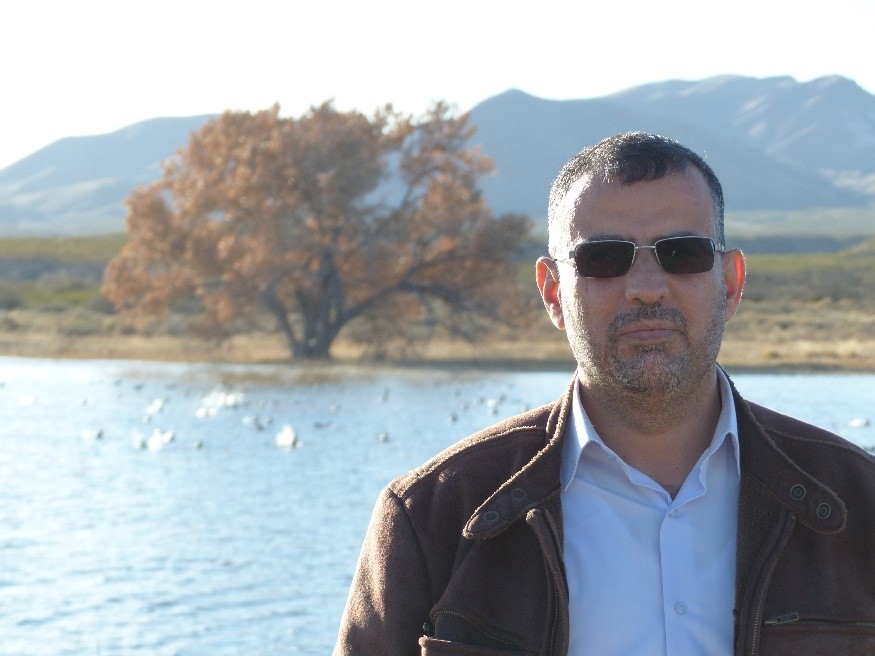
Visit one of the world's Seven Wonders and learn about Nabatean sustainable practices
November 2nd, 2023 | SIT Study Abroad
In summer 2024, SIT launches a timely and engaging community-based internship in climate change and sustainability. Based in Amman, Jordan, this program offers diverse opportunities for students in a wide range of disciplines to experience and participate in community-based approaches to climate and sustainability. We checked in with Academic Director Raed Al Tabini to find out more about SIT Jordan: Internship in Climate Change and Sustainability.
What are the main disciplines students will be studying?
This program looks at climate and sustainability issues through multiple lenses, including science, policy, and community-based solutions. It is relevant for students of political science, environmental or climate science, ecology, sustainability studies, environmental policy, renewable energy, economics, social and cultural studies, ethics and philosophy, and interdisciplinary research.

Describe a typical excursion on your program.
During the excursion to Petra, students will get the unique chance to experience not only one of the Seven Wonders of the World, but also the ancient Nabatean people's sustainable resource management practices. Amidst the incredible setting of this UNESCO World Heritage site, students will examine how ancient Nabatean communities effectively managed their resources and adopted best practices, as well as the region's current environmental challenges. This excursion combines cultural heritage exploration with an in-depth look at sustainable resource management, providing an extensive understanding of historical sustainability and its connection to today's global climate and sustainability challenges.
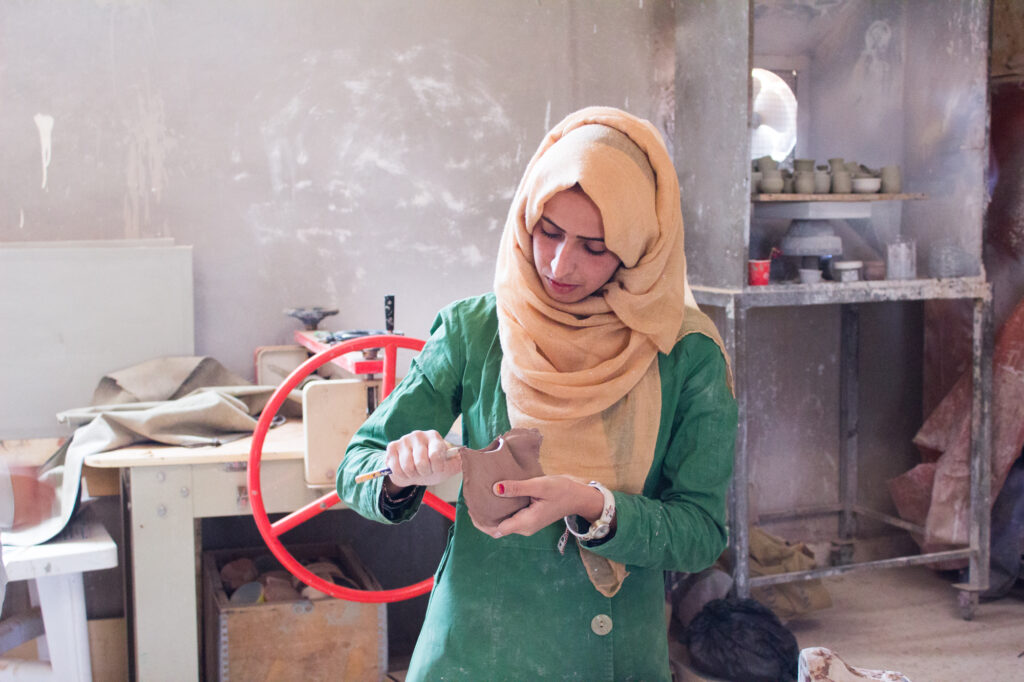
What will a typical day look like for a student on this program?
When their internship begins, students will go to their internship sites from 9 a.m. to 4 p.m., gaining hands-on experience in a non-governmental organization, community development project, or with vulnerable communities. After a productive day at their internship, students return to their host families for a meal, which provides an authentic taste of local cuisine as well as an opportunity to bond with their host families. Following that, they have free time to explore Amman on their own, possibly visiting historical sites, markets, or participating in local initiatives, immersing themselves in the local culture, and enhancing their program experience.
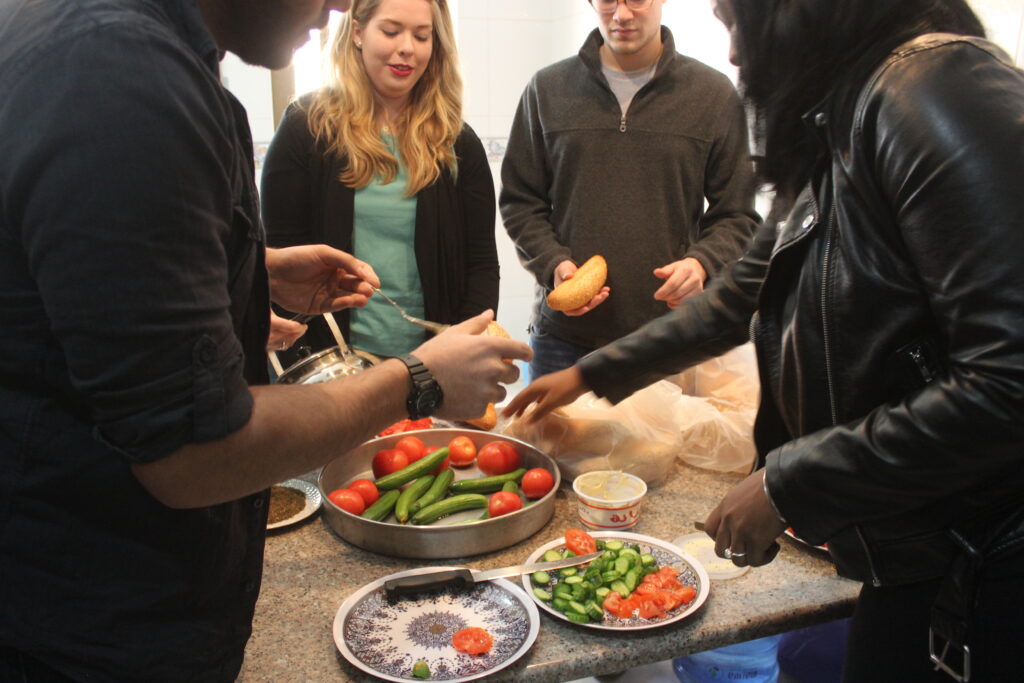
What type of activity might a student experience with their homestay family?
It’s common for students to help prepare and share traditional Jordanian meals with their homestay families. In the evenings, students may assist in the kitchen with dinner preparation, learning to prepare traditional specialties such as mansaf. This not only increases their cultural immersion but also is an opportunity to chat and engage with members of their host family. When dinner is ready, everyone gathers around the table to enjoy the delicious home-cooked meals. In summer, students may attend special events such as weddings or family gatherings, which provide a unique insight into Jordanian customs, celebrations, and hospitality. These types of activities make homestay experience really unforgettable.
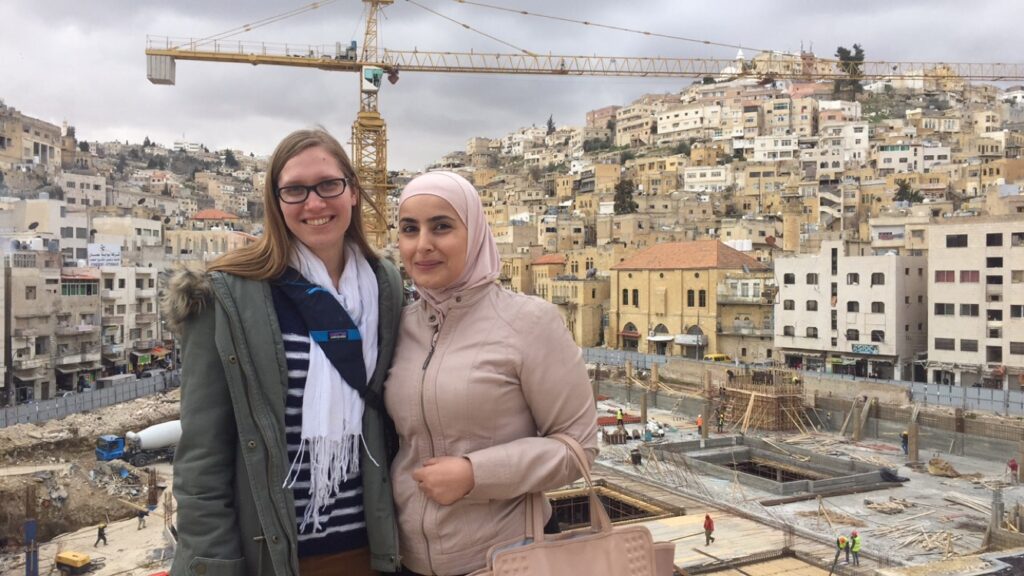
What is an example of an internship that a student might do?
One example is an environmental policy internship, where students have the opportunity to actively engage in environmental advocacy and policy work. They will work with an organization’s dedicated team on a variety of tasks, including conducting research to support evidence-based policy proposals, assisting in the development of advocacy campaigns promoting environmental justice, or contributing to policy document draft proposals. Students might also organize and coordinate initiatives that connect human rights and environmental issues, earning significant experience in advocacy work. This internship provides not only practical skill development but also the opportunity to make a significant influence in the field of environmental justice.
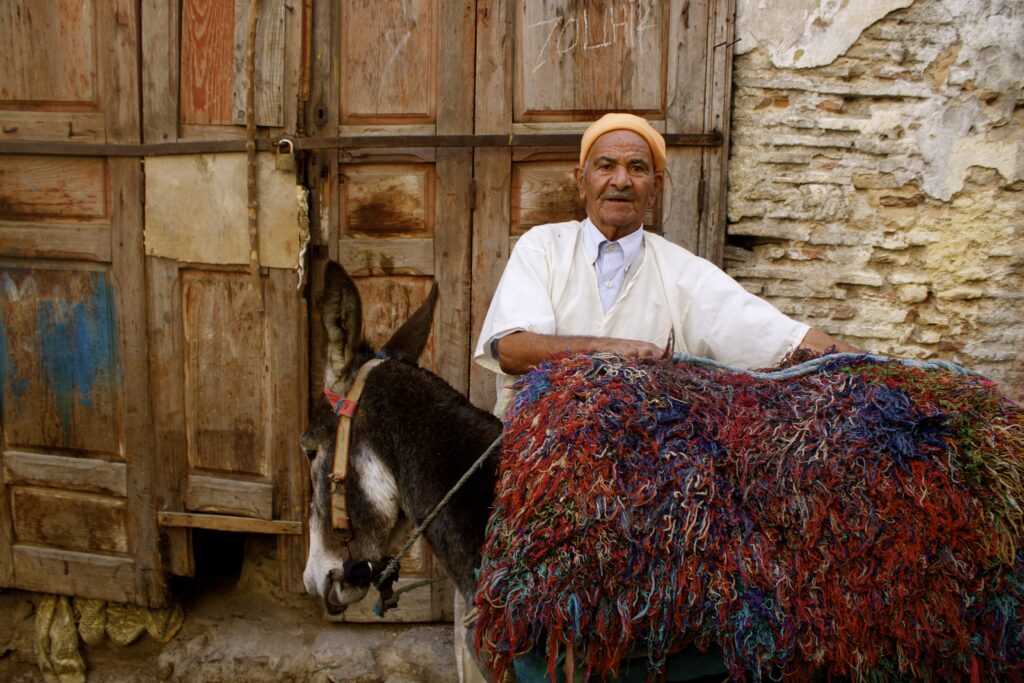
What is one unique thing about Jordan?
Jordan's iconic representation lies in its extraordinary commitment to social diversity and its welcoming stance towards refugees. More than 2 million refugees find safety and shelter within the country’s borders. This significance highlights the nation's humanitarian tradition, cultural diversity, and global impact. Jordan's open-door policy not only enriches its social fabric, but also showcases Jordan’s resilience and strength.
